A Visual Guide to Concussions and Brain Injuries

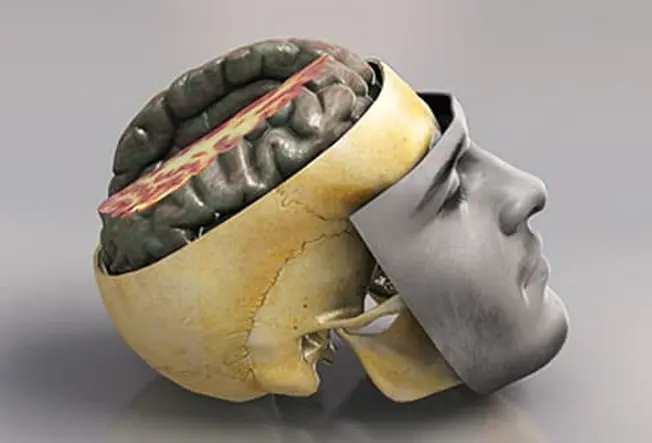
Head Injuries and Your Brain
Your brain is well protected from most damage. It sits inside a hard, bony skull. Layers of membranes and fluid provide extra padding. But even with all this natural protection, injuries still happen. And the damage can affect everything you do, from thinking to moving. A traumatic brain injury (TBI) is any blow to your head that's hard enough to affect the brain.
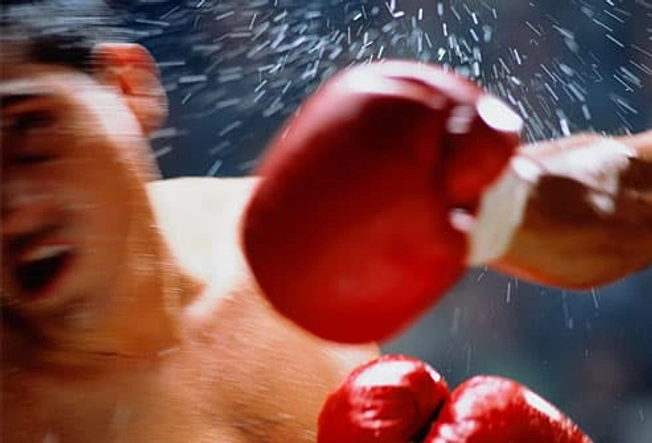
How Does Your Brain Get Hurt?
A hard blow to the head can shake your brain inside the skull. The result: bruises, broken blood vessels, or nerve damage to the brain. A hard hit that doesn’t cause bleeding or an opening in your skull could be a closed brain injury. An open brain injury is when an object penetrates the skull and goes into your brain.
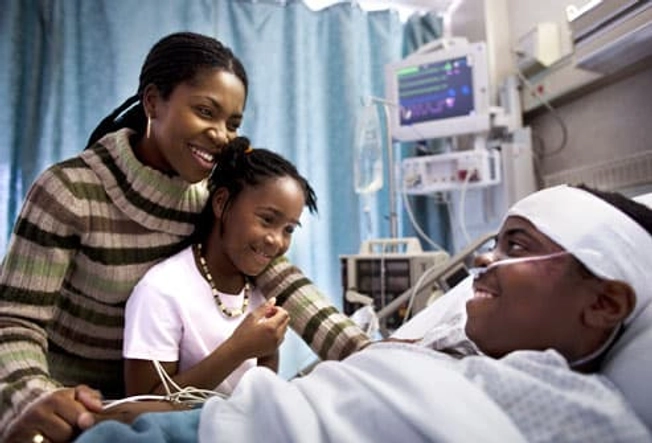
Brain Injuries: Mild vs. Severe
A TBI can be mild or severe. A concussion is a mild TBI -- you should recover pretty quickly. A severe TBI can do enough damage to knock you unconscious for a longer period. It can even lead to a coma or death.
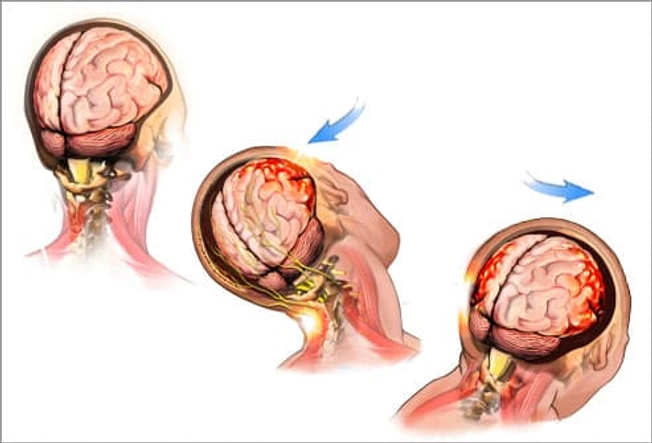
What Is a Concussion?
It’s when a jolt to your body or head shakes your brain back and forth inside your skull. Any hard hit -- whether it's from a football tackle or a car accident -- can lead to a concussion. Although it’s considered a mild brain injury, it can cause lasting damage if you don't rest long enough afterward to let your brain fully heal.

Is It a Concussion?
After a fall or blow to the head, you may pass out for a few seconds. But many people with concussions don’t black out. Telltale symptoms include:
- Dizziness
- Nausea or vomiting
- Blurry vision
- Headache
- Trouble thinking clearly
Let a doctor check you after a head injury.
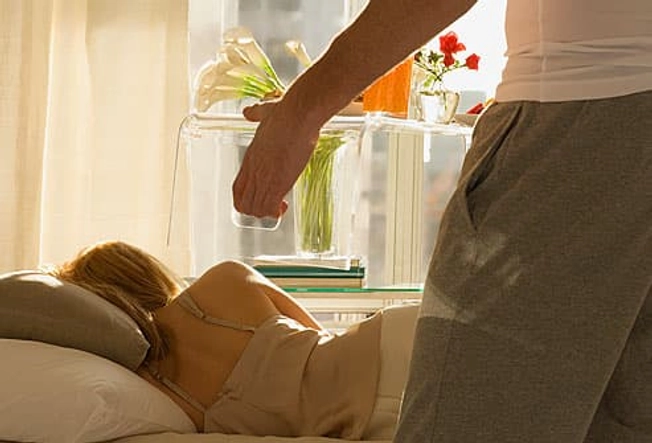
Healing After a Concussion
Just like you’d rest your ankle after a sprain, you need to rest your brain after a concussion. Get plenty of sleep. Ease back into school and work when you start to feel better. Stay off the playing field until your doctor gives you the OK. Getting a second concussion before the first one heals can slow your recovery and boost the odds of permanent damage.
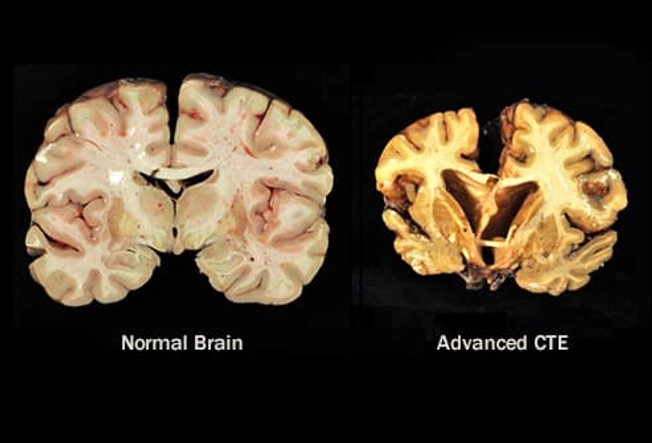
Chronic Traumatic Encephalopathy (CTE)
Football players, boxers, or anyone who gets repeated blows to the head can get this condition, which kills brain cells. A single concussion isn’t likely to cause it. Symptoms often don’t show up for years. At first they include problems with mood, behavior, and impulse control. Memory loss, problems making rational decisions, and dementia come later. Doctors can’t diagnose it until after death, when they can look at your brain. There’s no treatment for the disease, only its symptoms.
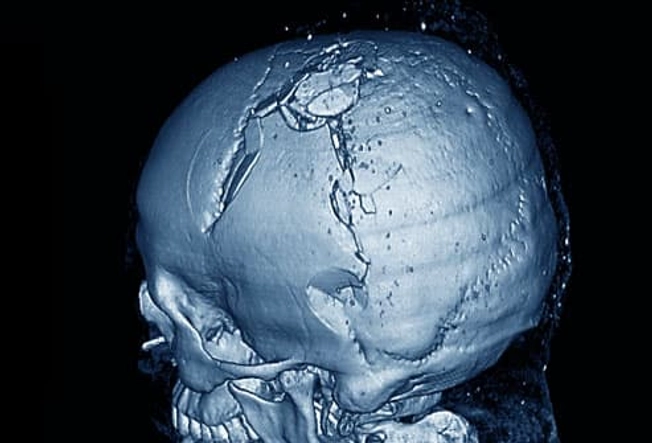
Skull Fractures
Your noggin’s pretty tough. But if it's hit hard enough, it can crack. That's called a skull fracture. If the sharp edges of a fractured skull press into your brain, they can damage the delicate tissues and cause bleeding. Watch out for clear fluid from the brain or blood that drains from your nose or ears.
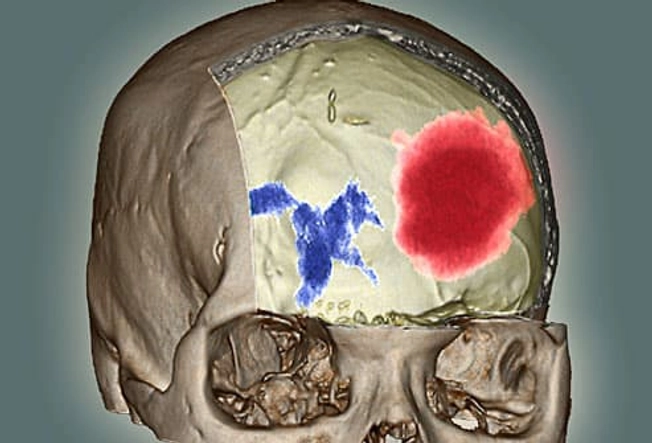
Bleeding in the Brain
Sometimes an injury damages blood vessels inside your brain. The trapped blood pools and forms a bump called a hematoma. It can lessen or cut off blood flow to your brain. This is a medical emergency. Some signs of a hematoma include:
- Headaches
- Vomiting
- Trouble with balance
- Weakness
- Seizures
- Problems speaking
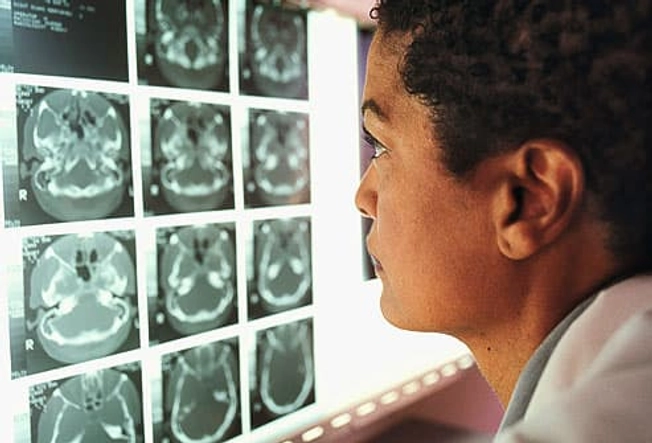
How Are Brain Injuries Diagnosed?
Your doctor will do a series of tests. They’ll probably ask questions to check your memory, concentration, problem-solving ability, and other brain functions. A brain scan called computed tomography (CT) or magnetic resonance imaging (MRI) can help find the injury.
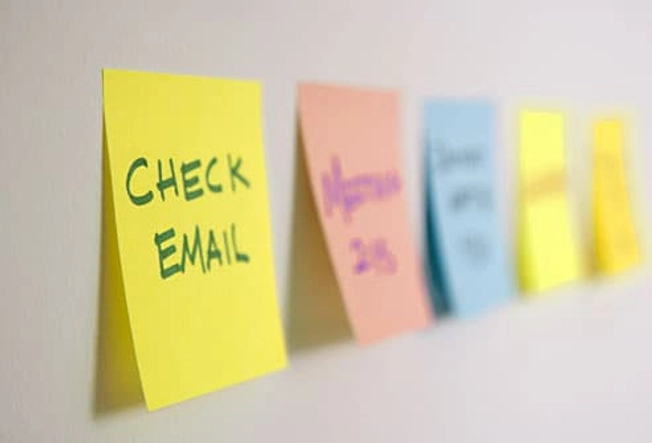
Memory Issues
You might damage the parts of your brain that help you store and retrieve information. That’ll make it harder to remember your birthday, what you ate for breakfast, or the accident that caused your injury. Some memory trouble is normal, but it should come back. Severe brain injuries sometimes cause long-term memory loss.

Problems With Movement
An injury can affect parts of your brain that help you balance and walk. As a result, you may feel dizzy -- like the room is spinning. Or you could damage the part that helps you see clearly and gauge depth. Physical therapy and other rehabilitation can improve your balance and movement after a head injury.
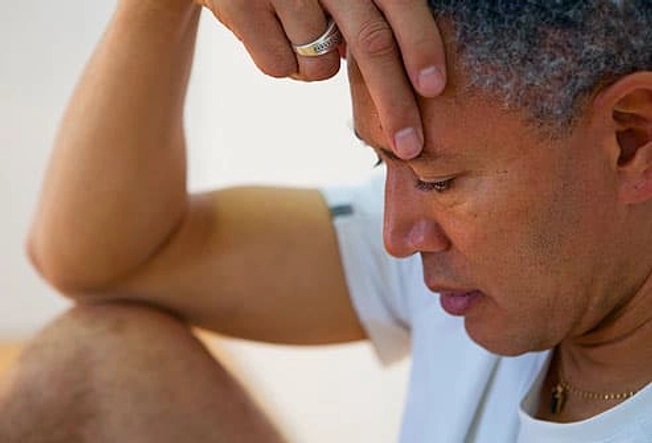
Mood Changes
You may not feel like yourself after a TBI. Up to half of people have symptoms of depression, including lingering sadness and sleeplessness. Some have wild mood swings, laughing one minute and crying the next. Others feel overly angry or anxious. If you can't control your emotions, talk to your doctor about treatments.
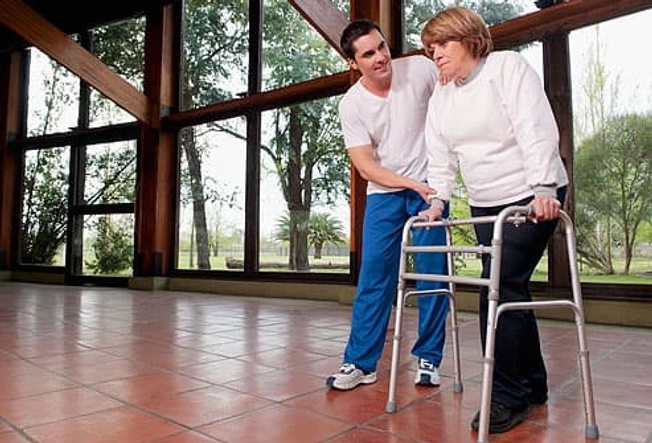
Long-Term Effects
A serious brain injury can stick with you for life. Problems thinking, moving, and controlling your emotions may not go away, especially if you've taken many hits to the head (from sports, for example). There's some evidence that having a TBI increases your risk for Alzheimer's disease, Parkinson's, CTE, and other brain disorders as you get older.
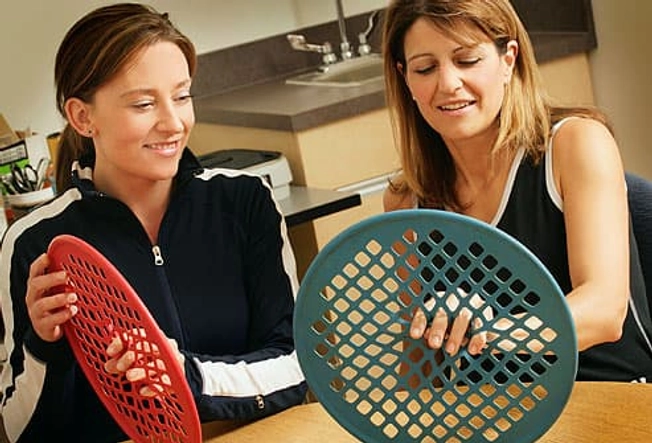
The Recovery Process
For mild injuries like concussions, the best treatment is to rest and give your brain a chance to heal. Physical, occupational, and speech therapy can help with the physical and mental side effects of severe damage. Counseling sessions with a psychologist or psychiatrist can help you learn to live with your injury.
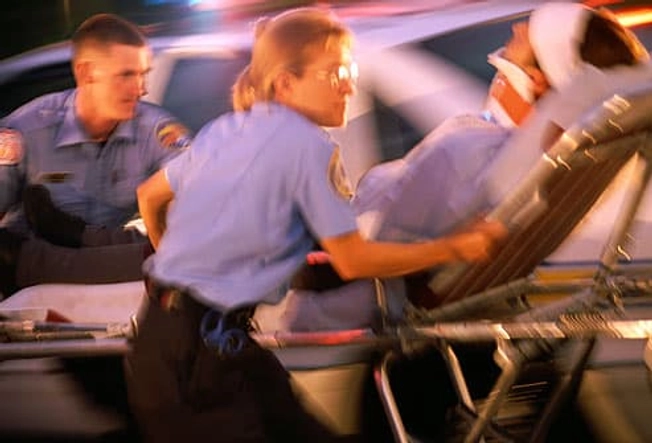
How Common Are Brain Injuries?
Every year, 1.7 million people have an accident that leads to a traumatic brain injury. Most -- about 75% -- are mild, including concussions. More serious injuries send about 223,000 people to the hospital and cause about 60,000 deaths.
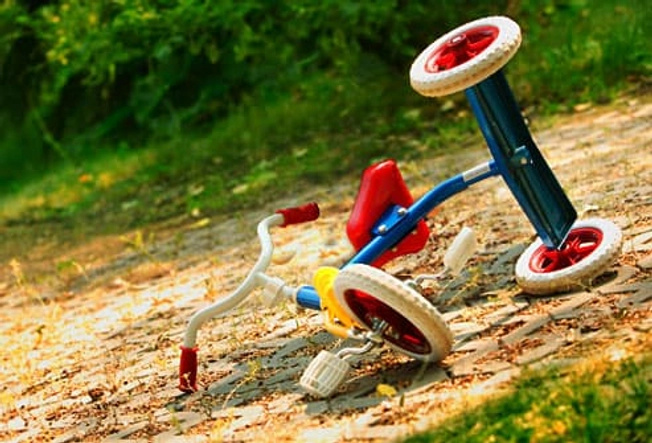
Children and Brain Injuries
They’re among the leading causes of disability and death in children. over 800,00 -- more boys than girls -- visit an emergency room for a brain injury each year in the US. Kids with TBI can have more trouble learning. They may also struggle with behavioral and emotional problems.
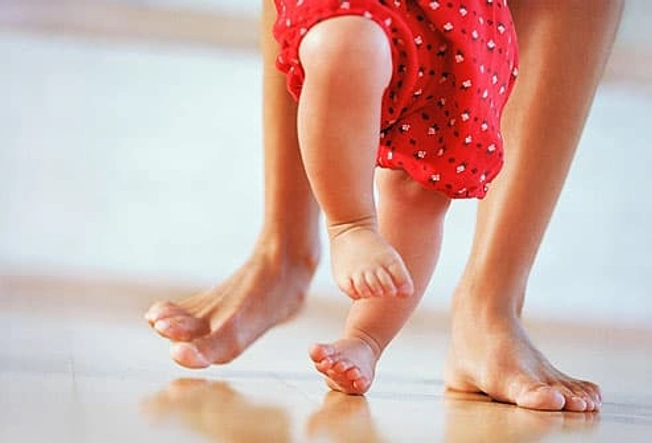
Is It Just a Bump on the Head?
Learning to walk is a wobbly time. An unsteady toddler can take a lot of tumbles. Luckily, kids are pretty sturdy. Most bounce right back from a small bump on the noggin. But if your child won't stop crying, throws up, says their head or neck hurts, or has trouble waking up after a fall, call the doctor right away.
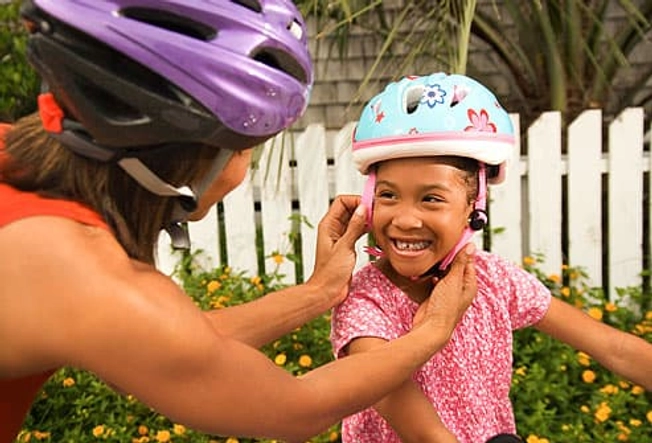
Prevent Kids’ Injuries
Toddlers usually get a brain injury after a fall. Once kids reach school age, sports injuries and bicycle and car accidents are the culprits. Teach kids to wear close-fitting helmets and other safety gear during sports and recreational activities. There is also a new device called Q-Collar which can be worn to help reduce movement of the brain. Don’t let them play sports that aren’t right for their age. Make sure they follow bike safety rules about traffic and road hazards.
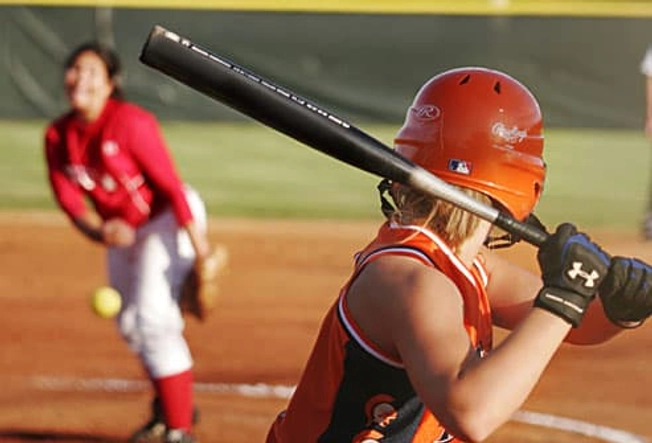
Tips for Athletes
Blows to the head are common in professional and amateur sports like football, baseball, and hockey. Some leagues have even changed policies to prevent injuries and treat them faster and more effectively. Wear a helmet that fits snugly every time you play. Obey the rules to prevent falls and head-on collisions.
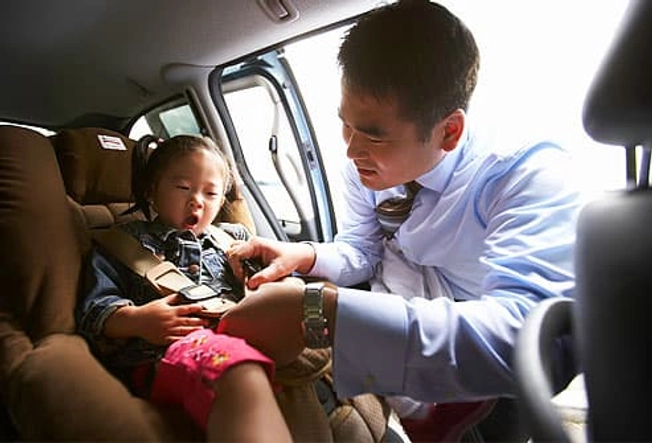
Safety in Cars
An auto accident can thrust your head forward -- or worse, propel you from the vehicle headfirst. Before you put the key in the ignition, put on your seatbelt and buckle your child into an age-appropriate safety seat. Teach kids to wear seatbelts when they ride on buses or in other people’s cars. Rear collisions can make your brain slosh around in your skull as your head snaps forward then back.
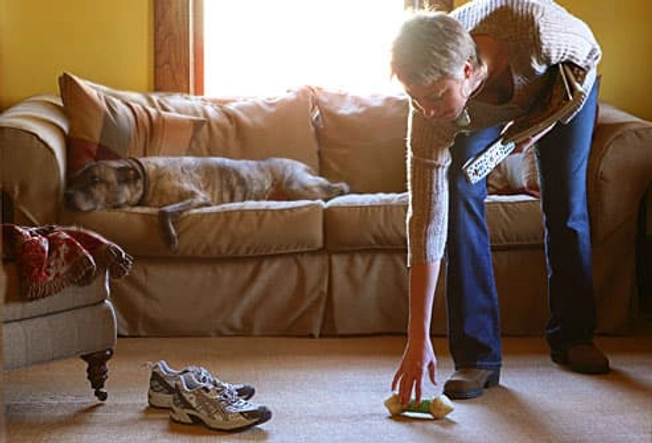
Preventing Injuries from Falls
You don't have to fall far or hard to hurt your head. To avoid taking a tumble, clean up the clutter, cords, and other hazards that may cause you to trip. Install lights in halls and stairways so you don't stumble while going to the bathroom at night. Secure all rugs and mats firmly to the floor so they don't slide around under your feet.
IMAGES PROVIDED BY:
(1) 3D4Medical
(2) Bruce Ayres / Stone
(3) Rubberball
(4) Nucleus Medical Art, Inc.
(5) Terry Vine / Blend Images
(6) Image Source
(7) Boston University Center for the Study of Traumatic Encephalopathy
(8) Zephyr / Photo Researchers, Inc
(9) Zephyr / Photo Researchers, Inc.
(10) Mike Powell / Digital Vision
(11) Fotosearch
(12) Denkou Images / Cultura
(13) John Lund/Marc Romanelli / Blend Images
(14) Glow Wellness / Glow
(15) Don / Design Pics
(16) Stockbyte
(17) Leah / Design Pics
(18) Laurence Monneret / Stone
(19) Jupiterimages / Comstock
(20) Jeff Greenberg
(21) Thomas Northcut / Riser
(22) Steve Pomberg / WebMD
SOURCES:
American Academy of Family Physicians: "Head Injuries," "Head Injuries--Complications."
American Association of Neurological Surgeons: "Sports-Related Head Injury."
Brain Injury Association of America: "Diagnosing Brain Injury."
CDC: “Concussion and Mild TBI,” "What to expect after a concussion," "What are the Potential Long-Term Outcomes of TBI?" "Clinical Diagnosis and Management."
Concussion Legacy Foundation: “What Is CTE?”
Dana Foundation: "Brain Trauma, Concussion and Coma -- The Dana Guide."
McGill University: "The Brain from Top to Bottom."
Medscape: "Neuropsychiatric Sequelae of Traumatic Brain Injury." "Traumatic Brain Injury in Children."
Merck Manual Home Edition: "Skull Fracture."
National Dissemination Center for Children with Disabilities: "Traumatic Brain Injury."
National Highway Traffic Safety Administration: "Kids and Bike Safety."
National Institute of Neurological Disorders and Stroke: "Traumatic Brain Injury: Hope Through Research," "NINDS Traumatic Brain Injury Information Page."
Nemours Foundation: "Head Injuries," "Concussions."
American Psychological Association.
National Football League.
National Institutes of Health: "Head Injury."
U.S. Department of Health and Human Services: "Treating Clients with Traumatic Brain Injury."
University of Washington Medical Center: "Memory and Brain Injury."
Virginia Commonwealth University: "Emotional Problems After Traumatic Brain Injury."